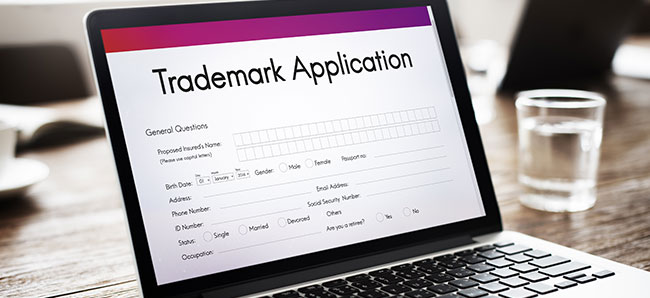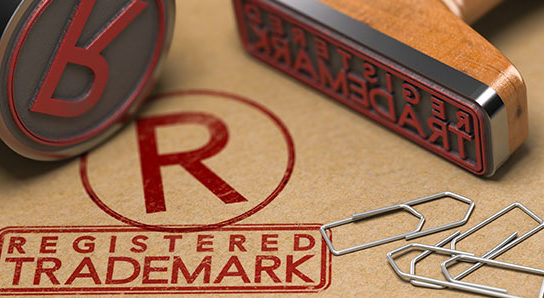In the past, we have talked about many different trademark topics. When looking at trademarks themselves, we have discussed the difference between ® and TM. After a trademark has been filed, we have written various blogs about office actions and how to respond to them, including, likelihood of confusions rejections in trademark applications, non-distinct office action, and non-substantive office actions. We have also looked at the supplemental register versus principal register. As you can see, there are lots of pitfalls during the trademark process.
What is TEAS PLUS?
One of the pitfalls that you can fall into right off the bat has to do with the application itself, specifically, TEAS Plus or TEAS Standard. This is something that anyone who has every filed a trademark on the Trademark Electronic Application System (TEAS) has seen, but maybe has never really understood what exactly it is. When you go to file a new trademark application, there are two types of applications for trademarks that can be filed – TEAS Plus and TEAS Standard. The fees are less for TEAS Plus applications ($225/class for TEAS Plus v. $275/class for TEAS Standard), which leads many people to just automatically pick it without understanding what that means, and why that could ultimately end up costing you more money in the end.
The TEAS Plus filing option requires that you to file a complete application online that meets certain requirements. Failure to file a proper application would result in the loss of the TEAS Plus status, thus requiring a $125/class. That means that you will end up paying more money than if you had simply filed a TEAS Standard application in the beginning, and all future fees would be based on TEAS Standard status.
Common items that are not initially filed, thus resulting in the loss of TEAS Plus status, are: translations, consent of individuals that the mark refers to, and improper classification of goods. These are common issues, and individuals who are not trademark practitioners can easily run into these pitfalls. This is just one of many items that underscores why it is so important to hire a trademark attorney. Hiring an attorney to clean up an application after it has been filed usually results in spending more money than you would have had you simply hired an attorney in the first place to file the trademark properly.
Do you need assistance in filing a trademark? Would you like to consult with a Intellectual Property Attorney to determine which options are the best for you? Contact Law 4 Small Business today for any of your other Intellectual Property concerns.



